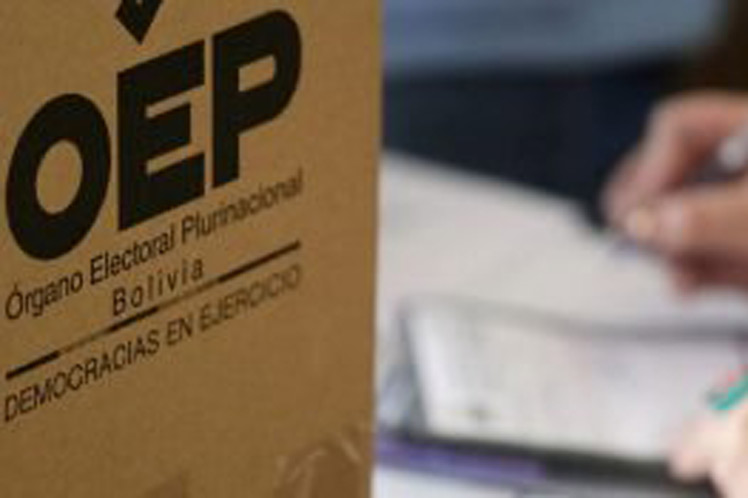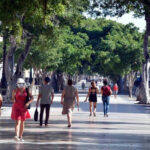Buenos Aires: The broad community of Bolivian residents in Argentina is getting ready today to play a key role in the elections in their country on Sunday by constituting two percent of the electoral roll, Prensa Latina publishes.
Residents in Argentina have an important role, if the MAS (Movement to Socialism) wins with 49 percent, with two percent of the Bolivian community here, we will win in the elections, the former president Evo Morales, who resides in Argentina as a political refugee after the coup in November last year, told the press in recent days.
Outside of Bolivia, the eye will be on the community that lives in this southern land, especially since in recent days many denounced the lack of guarantees to exercise their right to vote, due to the lack of information about the voting precincts, among other things.
With a total of 142,500 authorized to vote, 36 poll stations are finally available in the capital, where some 60,000 Bolivians will exercise their right to vote, while the Argentine Government formalized the request that came from the embassy of that sister nation to that its citizens can circulate freely on public transport that day.
Government regulations specify that travel must be limited to the electoral act, with Bolivian citizens being empowered to use interurban passenger transport exclusively on Sunday.
On the other hand, it specifies that the elections must be carried out guaranteeing the adoption of the hygiene and distancing measures necessary to reduce the risk of contagion from Covid-19.
It was also reported that finally the almost 11,000 Bolivians living in the province of Mendoza will be able to cast their vote in five authorized places and the precincts in Córdoba, where around 3,200 people of that nationality live, have already been made available.
In recent days, Bolivians living in Argentina had denounced their concern about not knowing where to vote, since the portal www.yoparticipo.oep.org.bo had not been updated and they demanded that the Supreme Electoral Tribunal fulfill its functions in order to exercise the right to choose freely and democratically.




